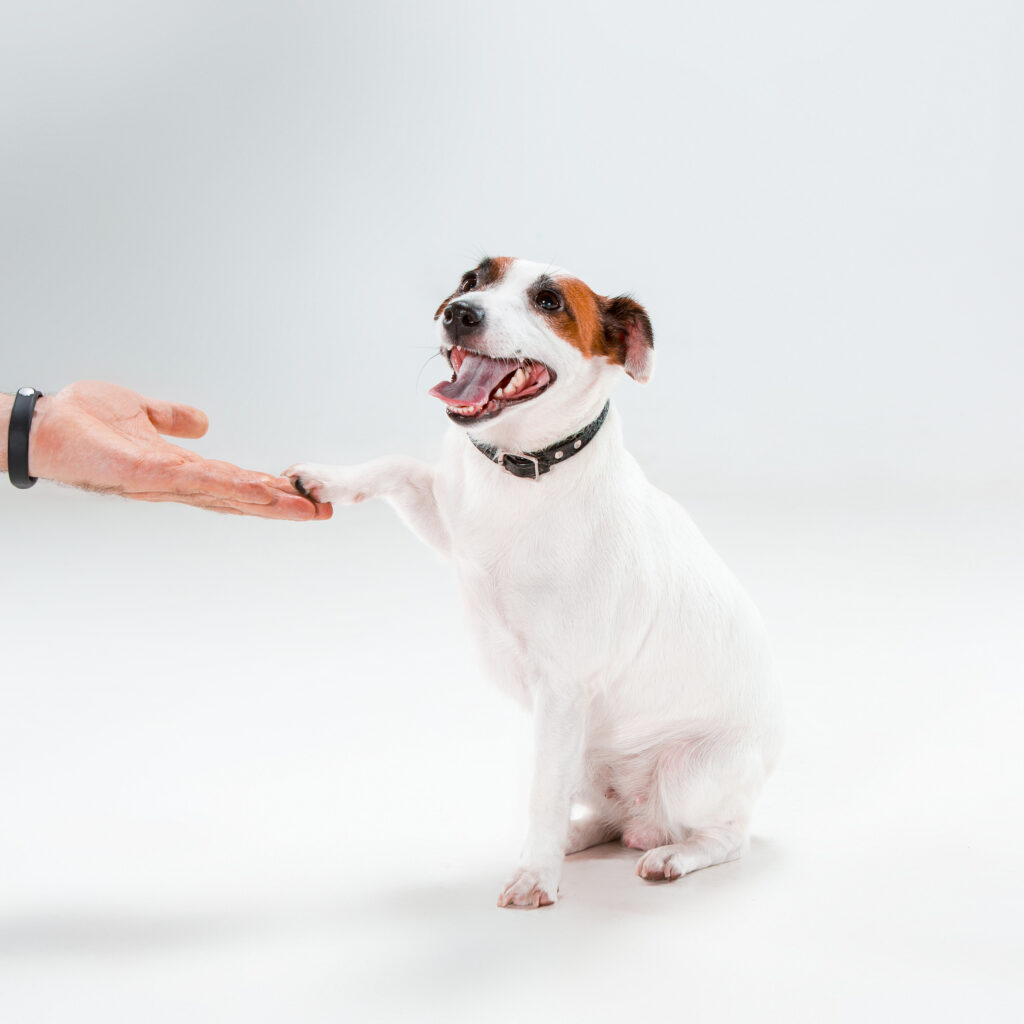- Introduction
- Introducing the topic of canine reactivity towards other dogs.
- Acknowledging the challenges faced by dog owners whose pets exhibit dislike or aggression towards other dogs.
- Previewing the comprehensive guide to understanding and managing canine reactivity.
2.Understanding Canine Reactivity
- Defining canine reactivity and its various forms, including fear-based, territorial, and frustration-based reactivity.
- Exploring the root causes of reactivity, such as lack of socialization, past negative experiences, or genetic predispositions.
- Recognizing the signs of reactivity in dogs, including barking, lunging, growling, and other aggressive behaviors.
3.Identifying Triggers and Thresholds
- Discussing the importance of identifying triggers that provoke reactive responses in dogs.
- Understanding the concept of thresholds and how they relate to a dog’s reactivity level.
- Providing examples of common triggers for reactive behavior, such as approaching dogs, unfamiliar environments, or certain stimuli.
4.Behavior Modification Techniques
- Positive Reinforcement Training: Exploring the principles of reward-based training methods to modify reactive behavior.
- Counterconditioning and Desensitization: Techniques for gradually exposing reactive dogs to trigger stimuli in a controlled and positive manner.
- Clicker Training: Utilizing clicker training as a precise and effective method for reinforcing desired behaviors and redirecting focus.
5.Management Strategies
- Avoidance and Prevention: Strategies for minimizing exposure to trigger stimuli to prevent reactive episodes.
- Leash Management: Techniques for maintaining control and preventing leash reactivity during walks or encounters with other dogs.
- Environmental Management: Creating a safe and controlled environment at home to reduce stress and anxiety triggers.
6.Socialization and Training
- Importance of Early Socialization: Exploring the benefits of early socialization in preventing reactivity and promoting positive interactions with other dogs.
- Group Classes and Controlled Environments: Enrolling reactive dogs in structured training classes or socialization groups under the guidance of experienced trainers.
- One-on-One Training: Tailoring training sessions to address specific reactive behaviors and build confidence in a controlled setting.
7.Holistic Approaches to Canine Well-being
- Exercise and Mental Stimulation: Importance of providing adequate physical exercise and mental enrichment to reduce stress and anxiety in reactive dogs.
- Nutrition and Health: Discussing the role of proper nutrition and veterinary care in supporting overall well-being and behavior management.
- Stress Reduction Techniques: Incorporating relaxation techniques, such as massage or aromatherapy, to help calm reactive dogs in stressful situations.
8.Seeking Professional Help
- Consulting a Veterinary Behaviorist: Exploring the role of veterinary behaviorists in diagnosing and treating underlying behavior issues in reactive dogs.
- Working with Certified Trainers: Utilizing the expertise of certified dog trainers experienced in working with reactive dogs to develop personalized behavior modification plans.
- Support Groups and Resources: Finding support and guidance from online communities, forums, and resources dedicated to managing canine reactivity.
9.Patience, Consistency, and Compassion
- Emphasizing the importance of patience, consistency, and positive reinforcement in the training process.
- Understanding that behavior modification takes time and dedication, and setbacks may occur along the way.
- Practicing empathy and compassion towards reactive dogs, recognizing that their behavior is often rooted in fear or anxiety.
10.Conclusion: Empowering Owners and Improving Canine Well-being
- Summarizing key strategies and techniques for understanding and managing canine reactivity towards other dogs.
- Empowering dog owners with knowledge and resources to support their reactive dogs’ behavior modification journey.
- Highlighting the importance of patience, consistency, and compassion in promoting positive changes in reactive dogs’ behavior and overall well-being.



2 Replies to ““Understanding and Managing Canine Reactivity 10 topics: Strategies for Dogs Who Don’t Like Other Dogs “”